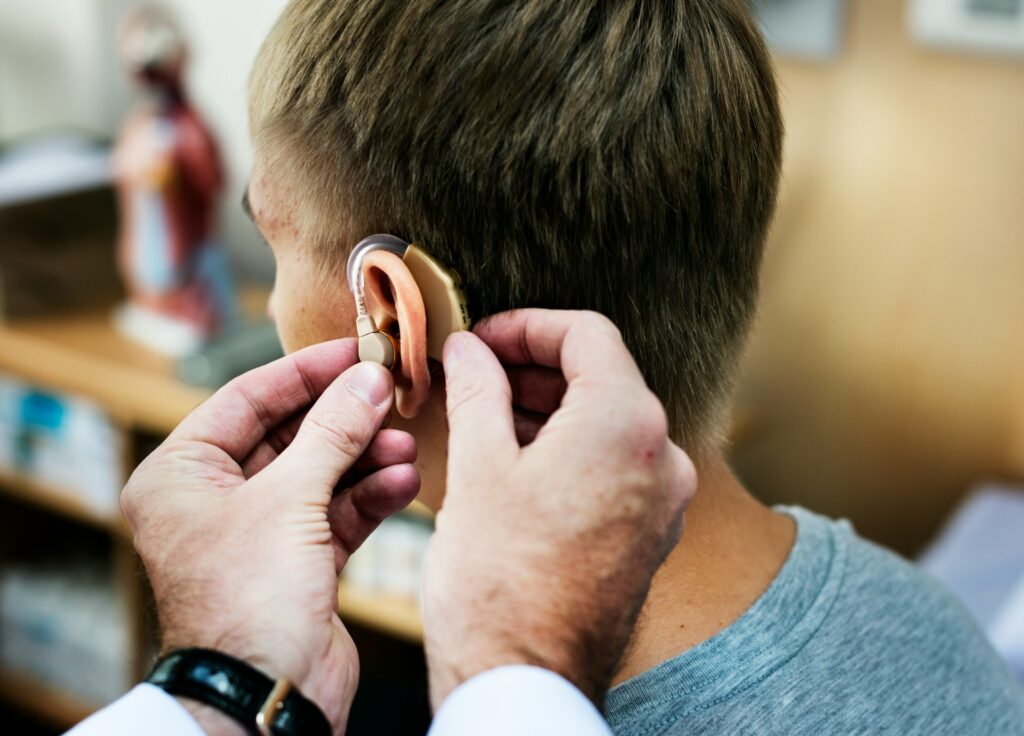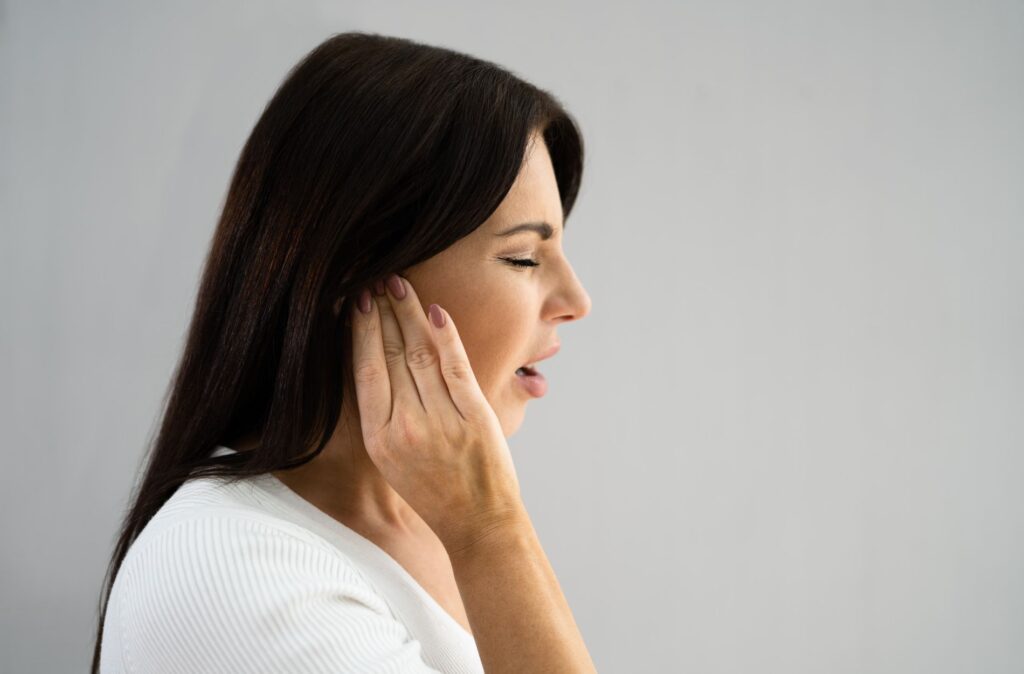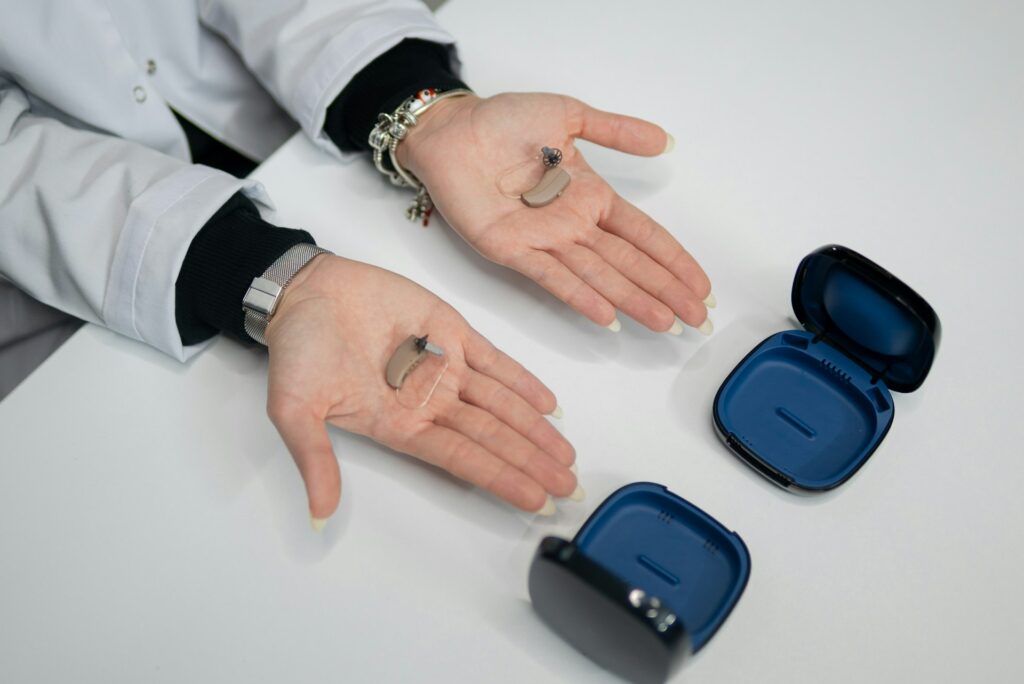Hearing loss is a dreaded but common condition in many seniors that can significantly affect one’s quality of life. This disorder may lead to communication difficulties, social isolation, and misunderstandings. It can also make older adults more prone to accidents since they cannot hear the warnings from their surroundings well.
Fortunately, hearing aids can help amplify sounds and improve your hearing ability, making communicating with others more manageable. Despite its rise, many older adults don’t realise its significance and hesitate to purchase it for various reasons.
If you’re ready to improve your quality of life again, this article will explain why older adults hesitate to wear hearing aids. We’ll also provide tips when looking for this essential.
What Is Presbycusis?
Presbycusis is a medical condition that causes hearing loss in older adults. The ageing process causes it and is the common reason for hearing loss in older adults. Sadly, although there’s no cure for this hearing loss, a hearing aid can help. A recent article in an ear, nose, and throat (ENT) journal suggests that half of the people aged 75 to 84 experience presbycusis, which increases to 95% by 94.
5 Reasons Senior Citizens Don’t Buy Hearing Aids
After defining presbycusis, this section will explain why many older adults don’t buy hearing aids.
1. Cost
Some health insurance policies don’t cover the expenses of hearing aids, making it a significant fee for people with limited incomes. Although they generally include diagnostic assessments, the high cost of these devices can be a source of anxiety. Despite this, it can be a worthwhile investment if you fit and use it correctly.
2. Cosmetics
Manufacturers understand that hearing devices’ appearance is crucial, so they continue to produce smaller hearing aids even though size doesn’t always determine quality. Although today’s tools are small enough to fit inside the ear without being noticeable, others may still worry about their appearance.
3. Difficulty Adapting
Many people refuse hearing aids as they find them too difficult to understand. They often say they’re too old to adapt to new technology and don’t want to learn something new.
4. Association with Age
It can be challenging to accept the effects of ageing in a society that values youth. However, if you find yourself constantly asking others to repeat themselves, it may give the impression that you are older than you are.
5. Unrealistic Expectations
Your friends might have told you that hearing aids are ineffective. However, it’s usually due to inadequate assessment and fitting. Even in ideal scenarios, your hearing will not fully recover. Hearing aids can assist, but they are not a cure.
What to Do Before Buying a Hearing Aid
If you want to try a hearing aid, consult your healthcare provider, who will refer you to an ear, nose, and throat specialist. The expert will examine your hearing and direct you to an audiologist who will fit you for a hearing aid.
What Can I Expect When Buying a Hearing Device?
An audiologist should custom-fit your hearing aid, help you adjust, and provide ongoing service and support. This hearing expert should explain your hearing loss, recommend the best hearing aids, and be transparent about charges and warranties. They should also test your hearing with the hearing aids and give instructions on using and maintaining them.
What Are Safety Tips Caregivers and Seniors Must Remember?
Federal laws require a medical exam before purchasing a hearing aid unless the patient signs a waiver. Hearing aids should be custom fitted, and you should never buy them by mail-order. If discomfort or squealing occurs, visit the audiologist for cleaning and readjustment.
Conclusion
Hearing aids are best known for helping older adults hear better and enjoy a higher quality of life. You can enjoy these benefits by consulting your doctor and having this device custom-fit.
If you’re still hesitant about getting a hearing aid in Mildura, consult Country Hearing Care! We’re committed to helping you find a hearing solution that fits your needs. Schedule an appointment now, and let’s talk about your hearing!










